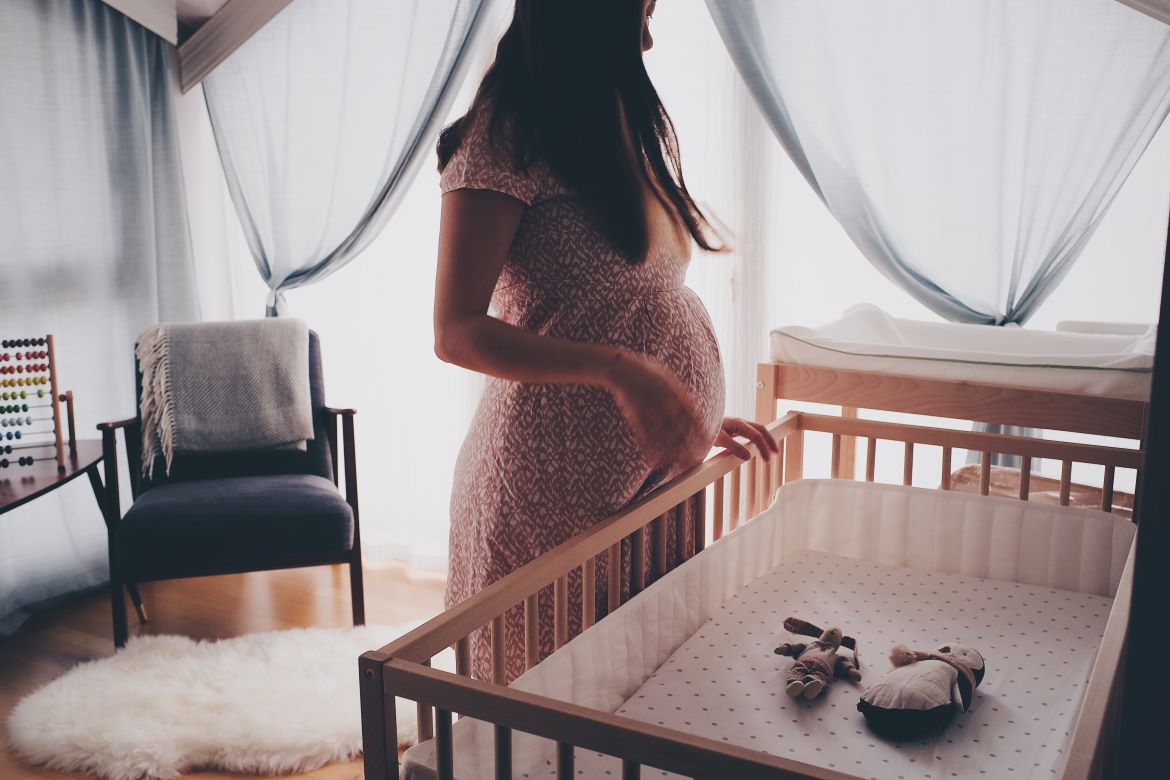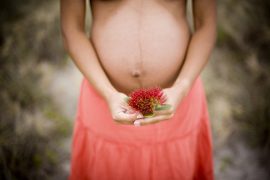By Dr. Dawn Kingston
Pregnant women who are already at risk for anxiety or depression may experience higher stress levels what with breaking news and measures that may affect daily routines due to the novel coronavirus.
Pregnancy is a unique time in a woman’s life and can put a woman at higher risk for anxiety or depression, especially if she has a history of mental health struggles. Mark Henick, a mental health advocate says that public health events can be particularly hard for people who already struggle with anxiety, depression or OCD (obsessive compulsive disorders).
Part of the heightened anxiety surrounding the coronavirus is due to three factors – unpredictability, uncontrollability and the importance it currently has on the news and everyday conversations.
COVID-19 Virus and Pregnancy
Some pregnant women have questions about how the virus could affect them and their baby. Here is what we know so far:
Effects of coronavirus on pregnant women
- Coronavirus does not seem to affect pregnant women any more than the general population. Since this is a new virus, how it may affect pregnant women is not yet clear.
- More severe symptoms (e.g. pneumonia) appears more common in the elderly and people with weakened immune systems that may have a pre-existing condition (e.g. asthma).
- It is expected that if a pregnant woman contracts the virus then she may exhibit mild to moderate flu-like symptoms. Currently no pregnant woman has been reported to have died from the coronavirus.
How will the virus affect my baby if I receive a diagnosis with the infection?
- As this is a new virus, there is not much data available yet.
There is currently no evidence that it can result in pregnancy loss or transfer to a baby in utero. It is unlikely that women who get the virus will cause abnormalities in baby development.
- Some babies who were born to women in China who contracted the virus were born prematurely but it is unclear whether this was due to a pre-existing condition or linked to the virus.
What should I do if I’m not feeling well and exhibiting coronavirus like symptoms?
- It is advised that if you are feeling unwell to self-isolate for 14 days after the last symptoms clear. Please call the relevant healthline number in your country of residence for further instruction and refrain from going to the ER at your local hospital.
For further information from the Royal College of Obstetricians and Gynaecologists, Royal College of Midwives and Royal College of Paediatrics and Child Health, with input from the Royal College of Anaesthetists, Public Health England and Health Protection Scotland, please refer to this document from the Royal College of Obstetricians and Gynaecologists UK.
Find out more about symptoms here.
Coping with Increased Stress During Uncertain Times While Pregnant
In these times of change and uncertainty, it is understandable to be feeling some stress. But stress is a risk factor for anxiety and depression – almost every study that has examined stress in pregnancy shows that high stress increases the chance of a pregnant woman developing depression and anxiety, or making depression and anxiety symptoms worse.
Our research has shown that women who have high stress in pregnancy often continue to experience high levels of stress a year after birth and beyond. In other words, without support, many women continue to have high levels of stress for a very long time.
When we talk about stress, we are referring to bad stress that is out of control, of high intensity and long-lasting. With the prediction for the first vaccines to be ready on the market in early 2021, this can be a long time for anyone, but especially someone going through a pregnancy.











